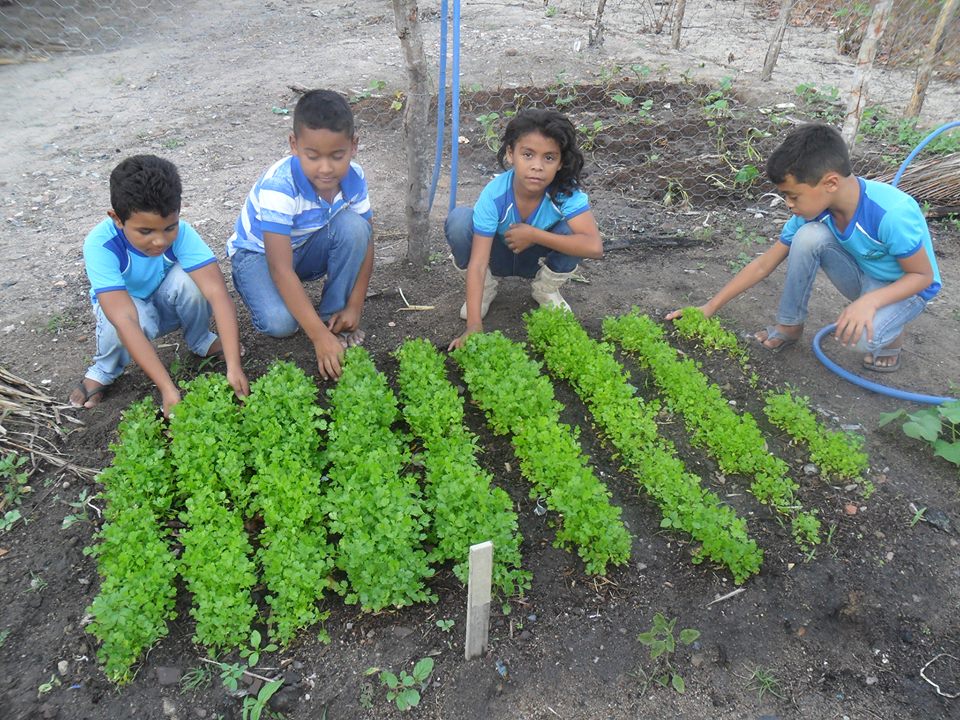Sweet Cerrado
The Cerrado Doce (Sweet Cerrado) project, which ENGIE Brasil carries out in partnership with the Estreito Consortium (CESTE), responsible for the Estreito Hydroelectric Plant, was devised and executed to generate and increase income for participating households. The project develops regional beekeeping with a focus on increased production of honey and honey derivatives, and the expansion of trade on the state and national levels. It has taken place in two cities in the states of Maranhão and Tocantins, in a region marked by low development and low household income, where half the population is young, employed in family farming, and needs opportunities to improve their income and living standards.
The region covered by the project has the natural potential for beekeeping, with excellent market acceptance, as bees take the nectar and pollen from the blooms of the native Cerrado and Caatinga biomes. Around 150 rural community families are involved in the project, united in the preservation of the native vegetation and the fight against forest fires, ensuring the supply of nectar for their hives.
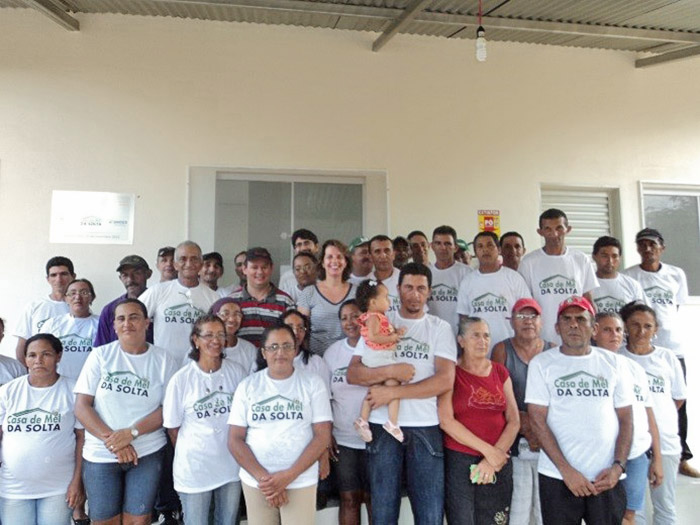
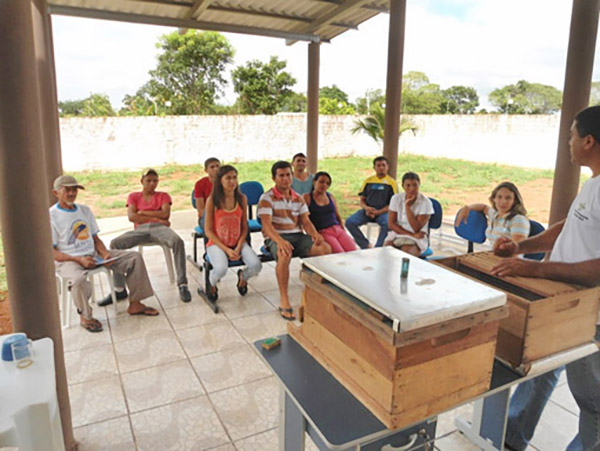
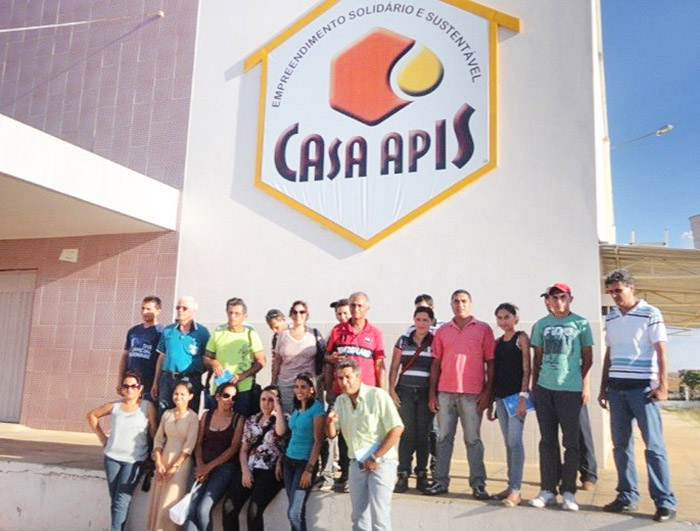
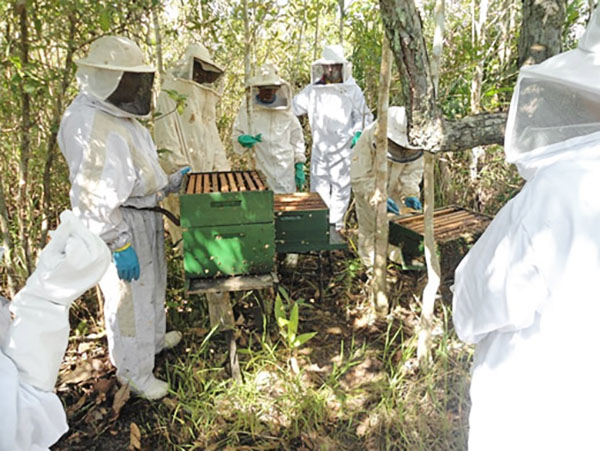
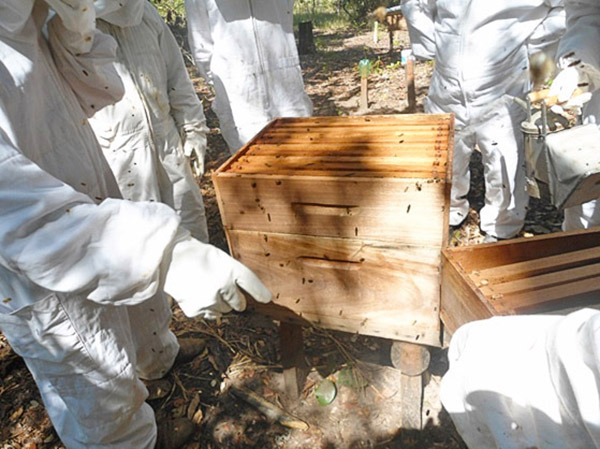
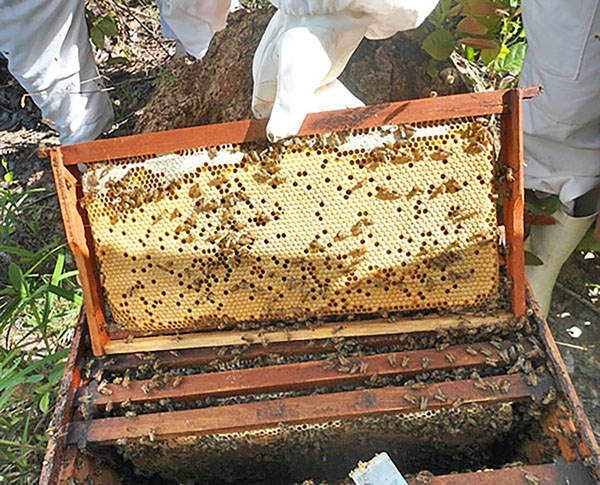
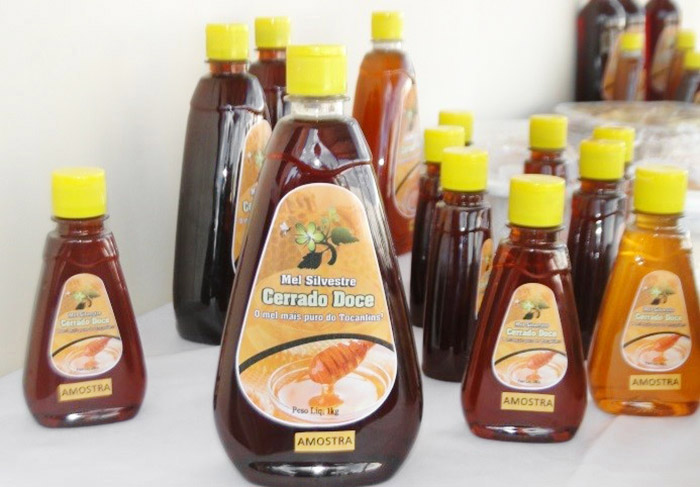
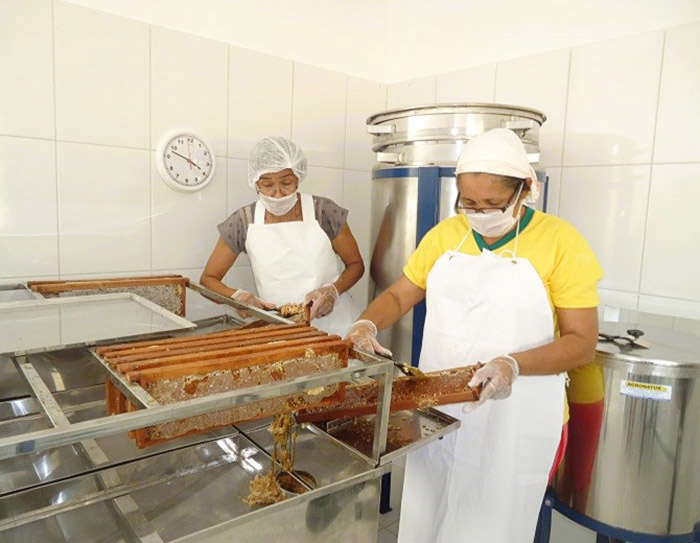
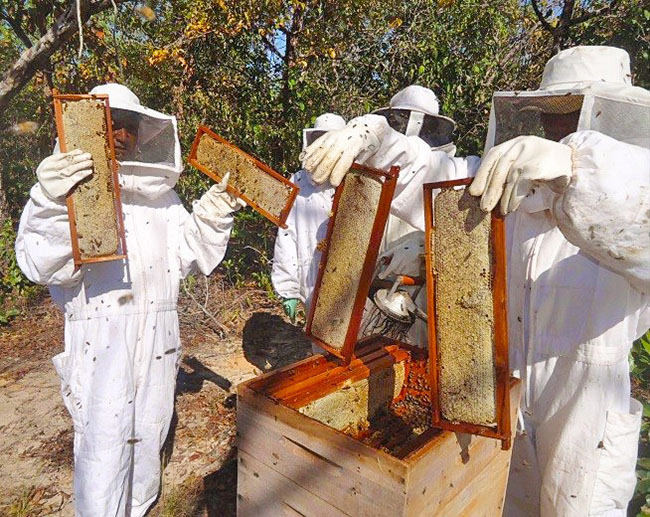
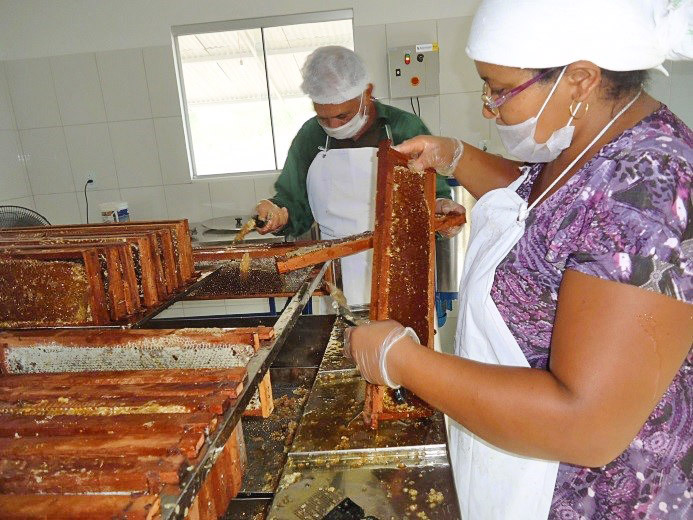
Objectives
- To foster improved living standards for the projects beneficiaries, supporting beekeeping as a regional economic activity;
- To provide the conditions for diversifying the income sources of participating families;
- To provide skills, jobs and income for around 150 families, with benefits for around 1,400 people in the production and sales cycle;
- To enable processing an annual 100 tons of honey and the pressing of 100 tons of beeswax, as well as selling the output nationwide with the project’s approval by the Federal Inspection Service (“Serviço de Inspeção Federal” – SIF);
- To process, purify and package honey and its derivatives in 20 municipalities around the Hydroelectric Plant;
- To contribute to the conservation and sustainable handing of the Cerrado biome, generating income for traditional communities.
Results
- 153 families as direct beneficiaries;
- 77 beekeepers trained;
- Over 17 tons of honey produced and sold;
- 9 municipalities of the surrounding area using the structures built;
- 20% to 40% increase in the beneficiary families’ income.


